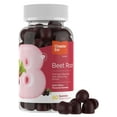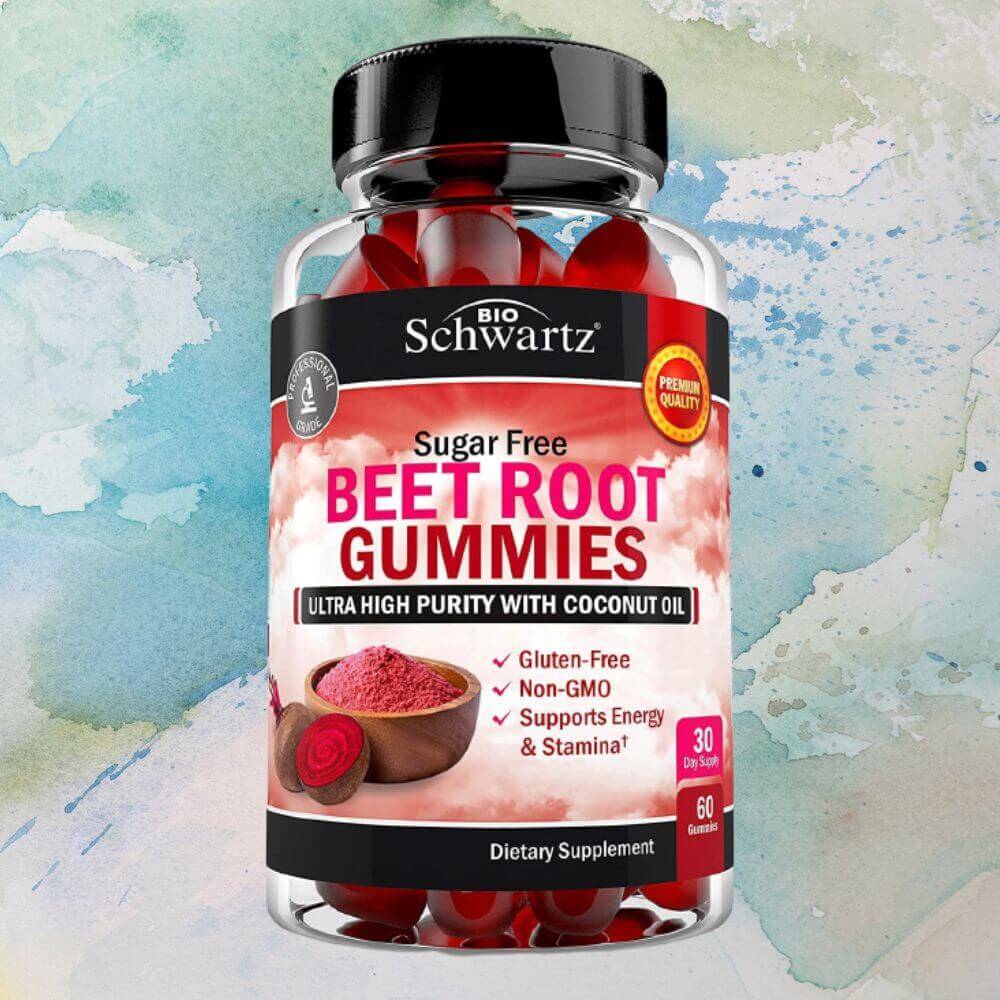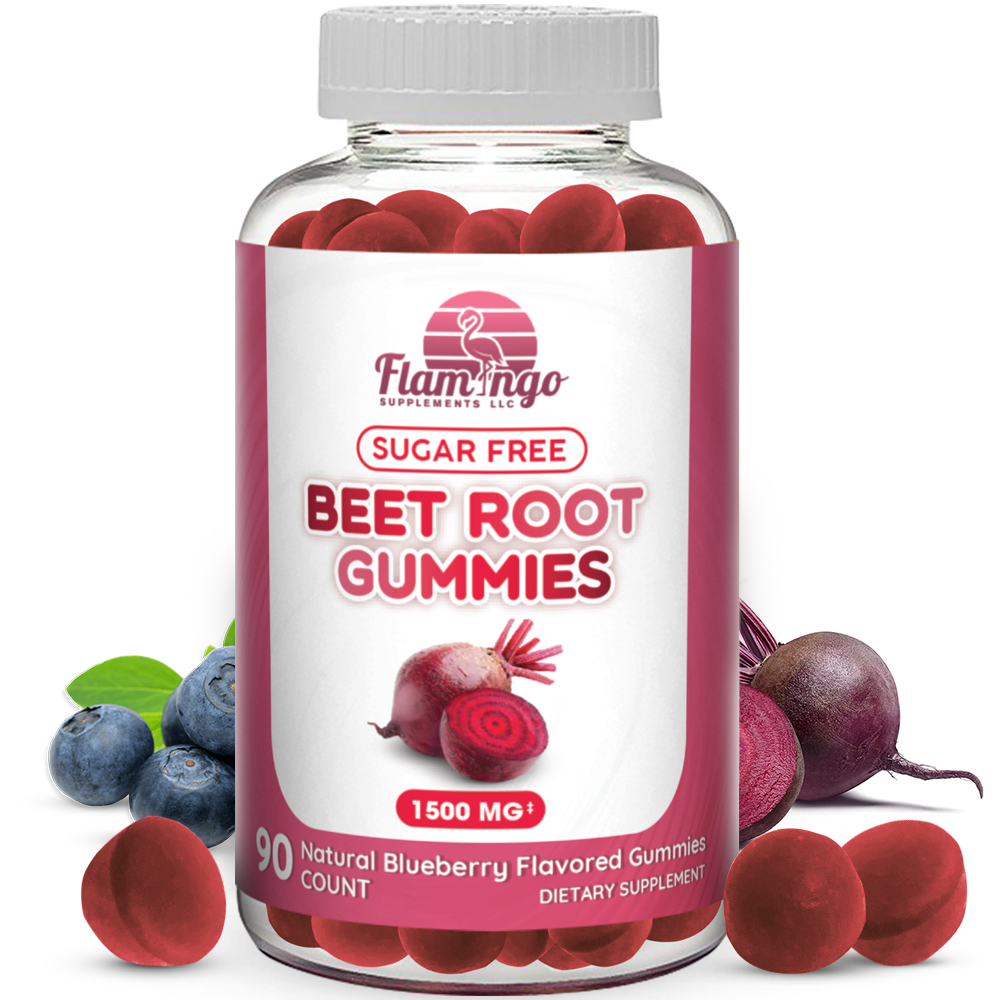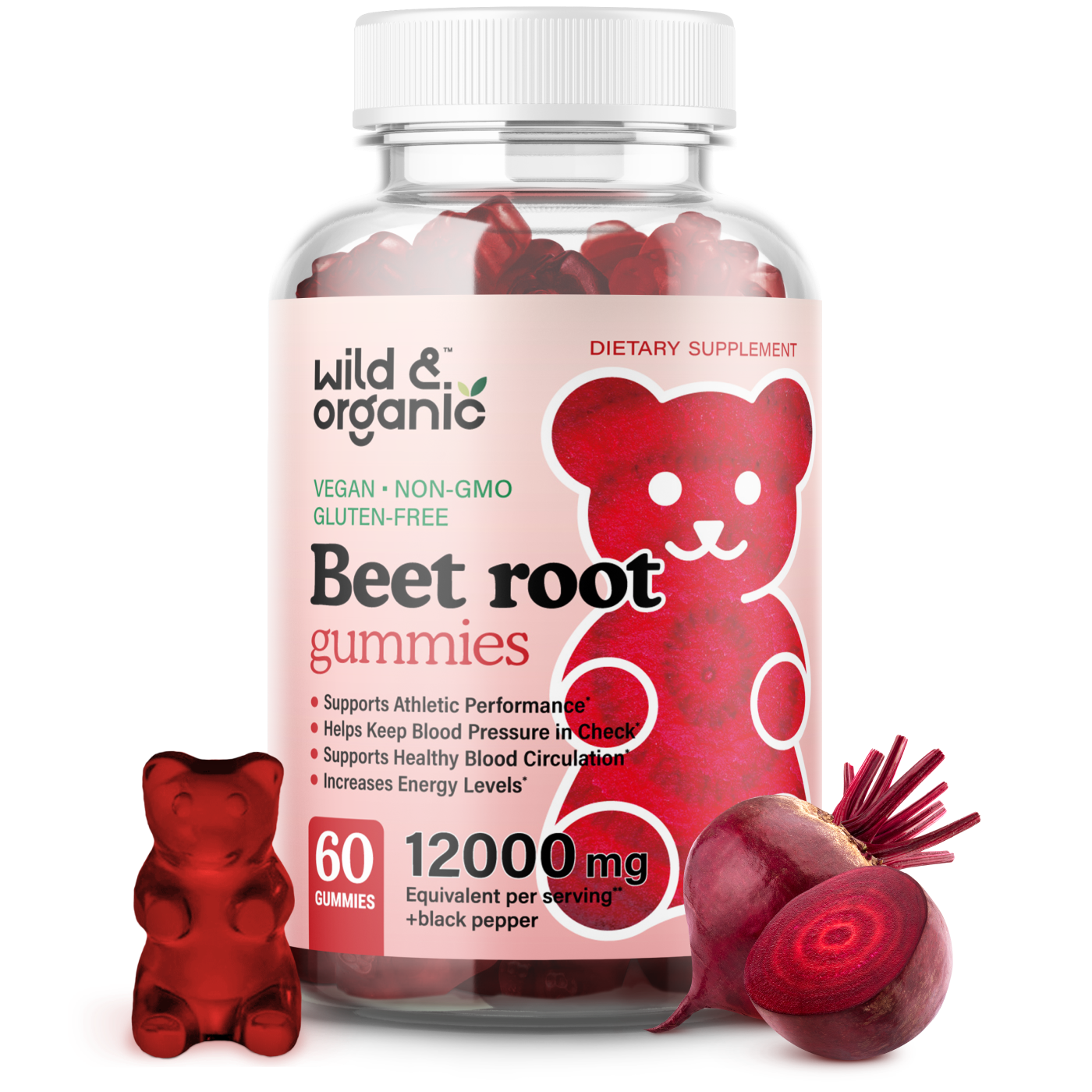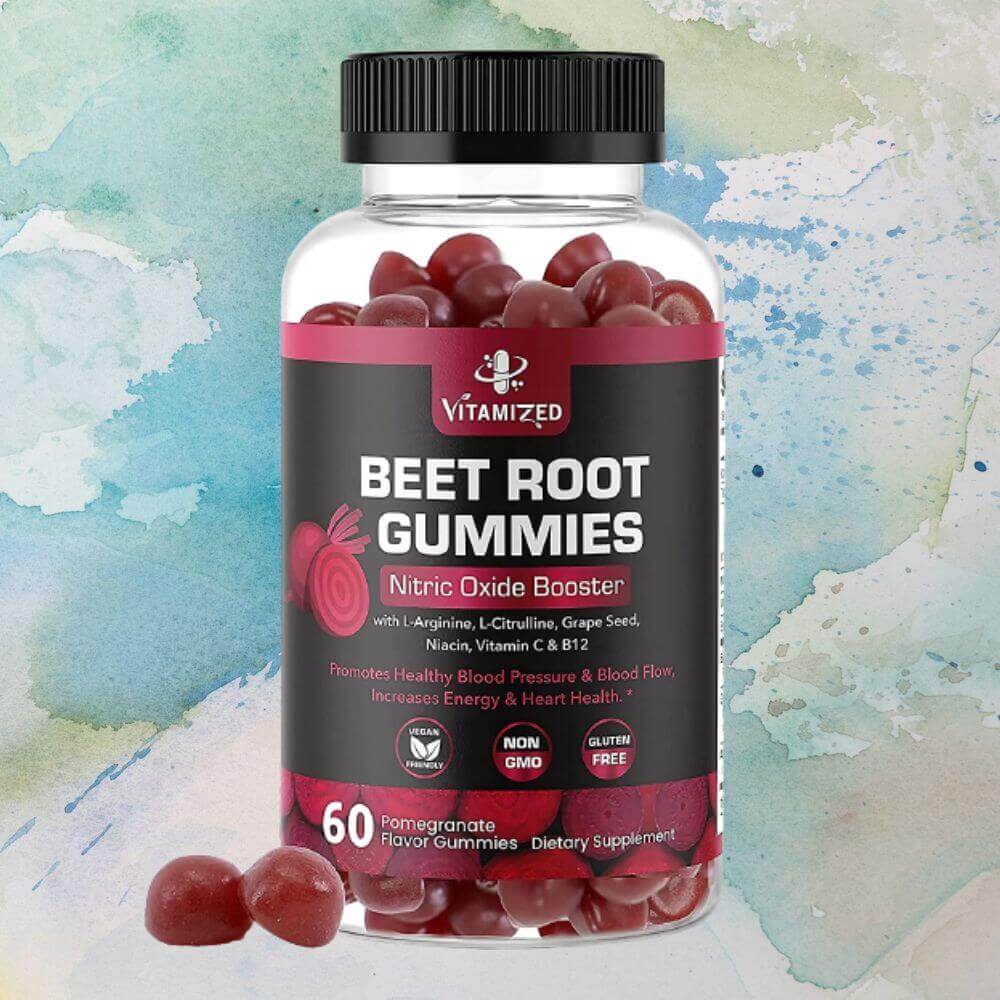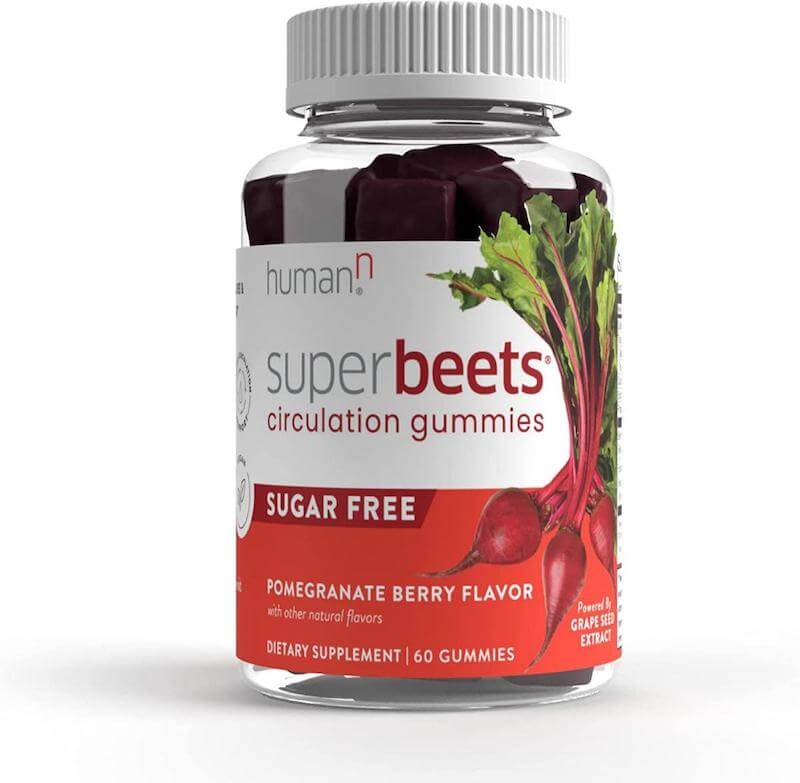What Are Beet Gummies Good For

The vibrant crimson of beets, once relegated to the side of dinner plates, is now captivating the supplement world. Beet gummies, promising a concentrated dose of beet's purported health benefits in a palatable form, are flooding the market. But are these chewy treats simply a sugary fad, or do they genuinely deliver on their wellness claims?
This article delves into the science behind beet gummies, exploring their potential benefits, examining the evidence supporting these claims, and considering the potential risks and drawbacks. It will provide a balanced perspective, relying on credible sources and expert opinions to separate hype from reality and help consumers make informed decisions about incorporating beet gummies into their health regimen.
The Science Behind Beet Gummies: Nitrates and More
Beets, and consequently beet gummies, are primarily touted for their high nitrate content. Nitrates are naturally occurring compounds that the body converts into nitric oxide. Nitric oxide is a crucial molecule that helps relax and widen blood vessels, improving blood flow and oxygen delivery throughout the body.
Beyond nitrates, beets also contain vitamins, minerals, and antioxidants, including vitamin C, folate, potassium, and betalains. Betalains are pigments responsible for the beet's vibrant color and possess potent antioxidant and anti-inflammatory properties.
Potential Health Benefits: Separating Fact from Fiction
Cardiovascular Health: A Promising Start
The most well-researched benefit of beet consumption, including in gummy form (though studies specifically on gummies are limited), is its potential to improve cardiovascular health. Studies suggest that increased nitric oxide production from dietary nitrates can lower blood pressure, particularly systolic blood pressure.
A meta-analysis published in the Journal of the American Heart Association indicated that beetroot juice consumption was associated with a significant reduction in systolic blood pressure. Improved blood flow can also contribute to better overall cardiovascular function, potentially reducing the risk of heart disease.
Exercise Performance: Fueling the Body
Beet gummies are also frequently marketed to athletes and fitness enthusiasts for their potential to enhance exercise performance. Increased nitric oxide levels may improve oxygen delivery to muscles, leading to improved endurance and reduced fatigue during exercise.
Research published in the journal Nutrients found that beetroot supplementation improved time-to-exhaustion during high-intensity exercise. The improved oxygen utilization might allow athletes to train harder and longer.
Cognitive Function: A Potential Link
While research is still emerging, some studies suggest that beet consumption may also benefit cognitive function. Improved blood flow to the brain, facilitated by nitric oxide, could enhance cognitive processes like memory and focus.
A study published in the Journals of Gerontology, Series A: Biological Sciences and Medical Sciences found that beetroot juice supplementation was associated with improved blood flow to the frontal lobe of the brain and enhanced cognitive performance in older adults. More research is needed to confirm these findings and explore the long-term effects.
Considerations and Caveats: Not a Magic Bullet
While beet gummies offer potential benefits, it's crucial to approach them with realistic expectations. The nitrate content in beet gummies can vary significantly between brands and even between batches of the same brand.
It is imperative to carefully check the product label for nitrate content and to choose reputable brands that conduct third-party testing to ensure accuracy. Moreover, the amount of nitrates needed to see a noticeable effect may be higher than what is contained in a standard serving of gummies.
Potential Side Effects and Interactions
Beet consumption is generally considered safe for most people. However, some individuals may experience side effects like beeturia (red or pink urine) or stool. These are harmless but can be alarming.
High nitrate intake may also interact with certain medications, such as those used to treat erectile dysfunction or high blood pressure. Individuals taking medications or with pre-existing health conditions should consult with their healthcare provider before taking beet gummies.
Sugar Content and Additives
Many beet gummies contain added sugars to improve their taste and palatability. Excessive sugar intake can negate some of the health benefits of beets and contribute to other health problems. Consumers should carefully examine the ingredient list and opt for gummies with minimal added sugars.
Some beet gummies may also contain artificial colors, flavors, and preservatives, which some individuals may be sensitive to. Choosing gummies with natural ingredients and minimal additives is always a better option.
The Verdict: A Potentially Beneficial Supplement
Beet gummies may offer some health benefits due to their high nitrate content and other beneficial compounds. However, they are not a magic bullet and should not be considered a replacement for a healthy diet and lifestyle.
When choosing beet gummies, consumers should prioritize reputable brands, carefully check the nitrate content and ingredient list, and be mindful of potential side effects and interactions. Consulting with a healthcare professional or registered dietitian is recommended, especially for individuals with pre-existing health conditions or those taking medications.
Ultimately, the effectiveness and suitability of beet gummies will vary depending on individual factors. While they may be a convenient way to supplement your diet with nitrates and antioxidants, it is important to approach them with realistic expectations and to prioritize a holistic approach to health and wellness.

